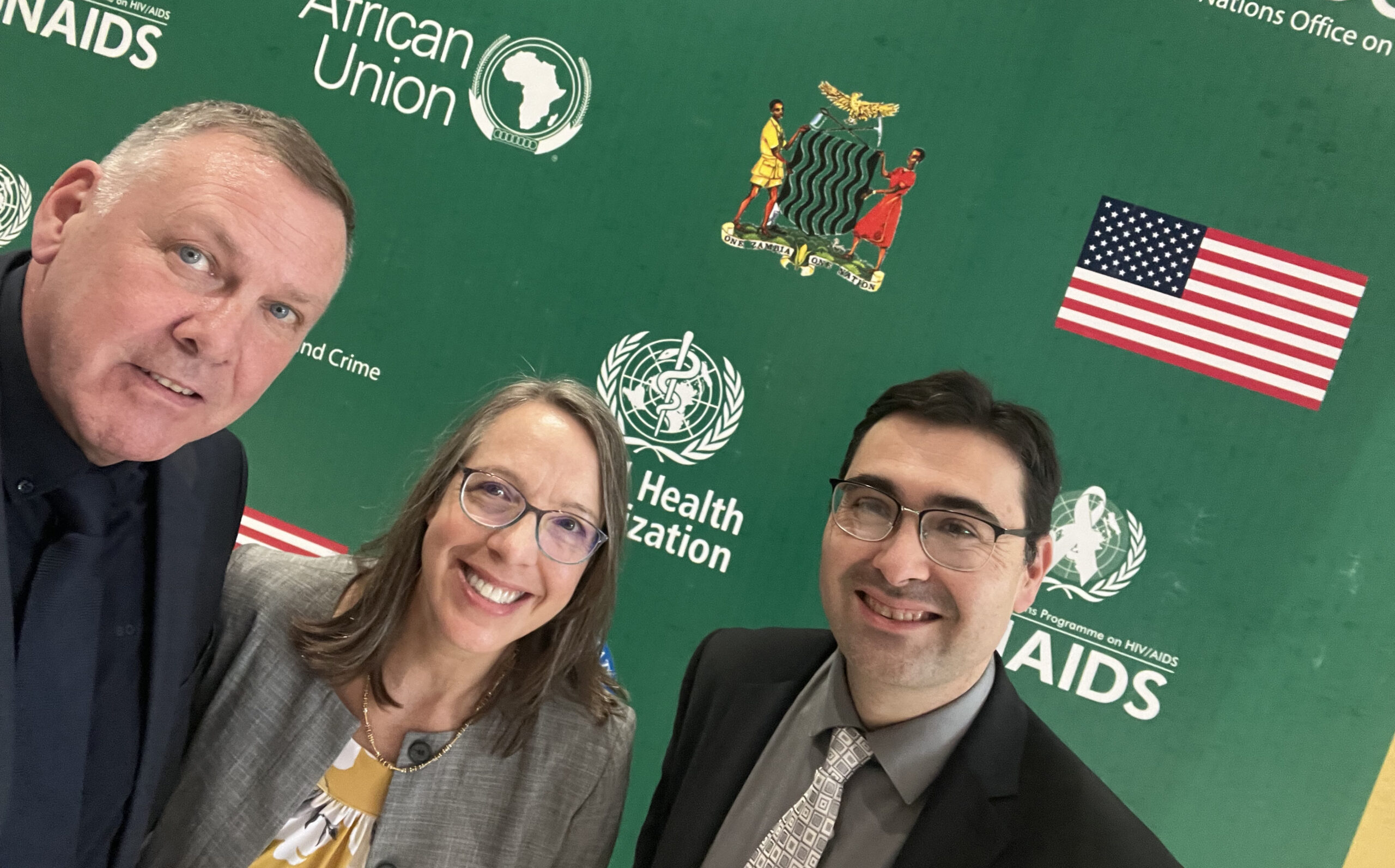Menu
Close
Nov 20, 2023

To tackle the rising challenges posed by substance use and related mental health disorders among youth, women, and children in Africa, the African Union (AU) organized a High-Level Session titled “Securing a Better Future for Youth, Women, and Children: Building Momentum Towards the Africa We Want.” The event, held in Lusaka, Zambia, brought together the Heads of State of AU member states, AU Commission leadership, Ministers, and Senior Officials in charge of Interior, Drug Enforcement, and Crime Prevention. Additionally, mental health experts, youth leaders, stakeholders from UN agencies, academia, civil society organizations, and the private sector.
A delegation from Planet Youth attended the meeting, including Jon Sigfusson, director of Planet Youth, Geir Gunnlaugsson, former president of the Directorate of Health in Iceland, Jonina Einarsdottir, anthropologist, Emmet Major, Community Liaison Worker responsible for Planet Youth sites in Ireland, and Kristina Sperkova, International President of Movendi.
The Urgent Need for Action
The backdrop of the event is the alarming rise in substance use disorders (SUDs) across the African continent. According to the World Drug Report, an estimated 60 million individuals, representing 8.4% of the population aged 15 to 64, used illicit drugs in Africa in 2018. This issue is increased by Africa’s role as a major transit area for trafficked drugs, with a significant amount remaining in the local market. With a projected population growth, Africa is expected to be particularly vulnerable to a 40% increase in drug use by 2030.
This surge in substance use poses a threat to the health, socio-economic well-being, and security of people on the continent, hindering the goals outlined in the AU Agenda 2063 – the Africa We Want.
The organizers were hoping to achieve increased awareness and knowledge of drugs and interventions, stimulate high-level continental dialogue, to establish a roadmap for strategic interventions, and to engage donors for the mobilization of resources.